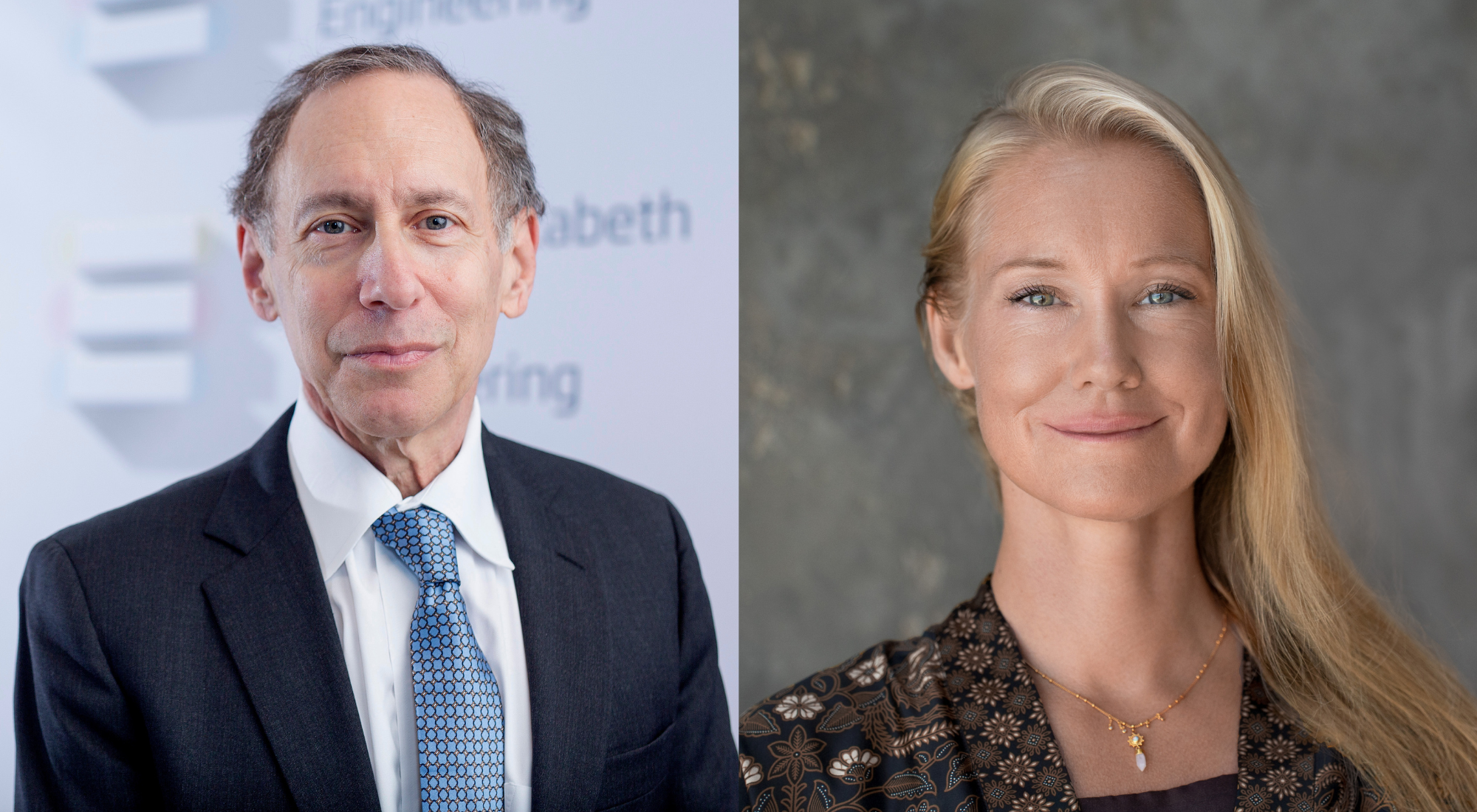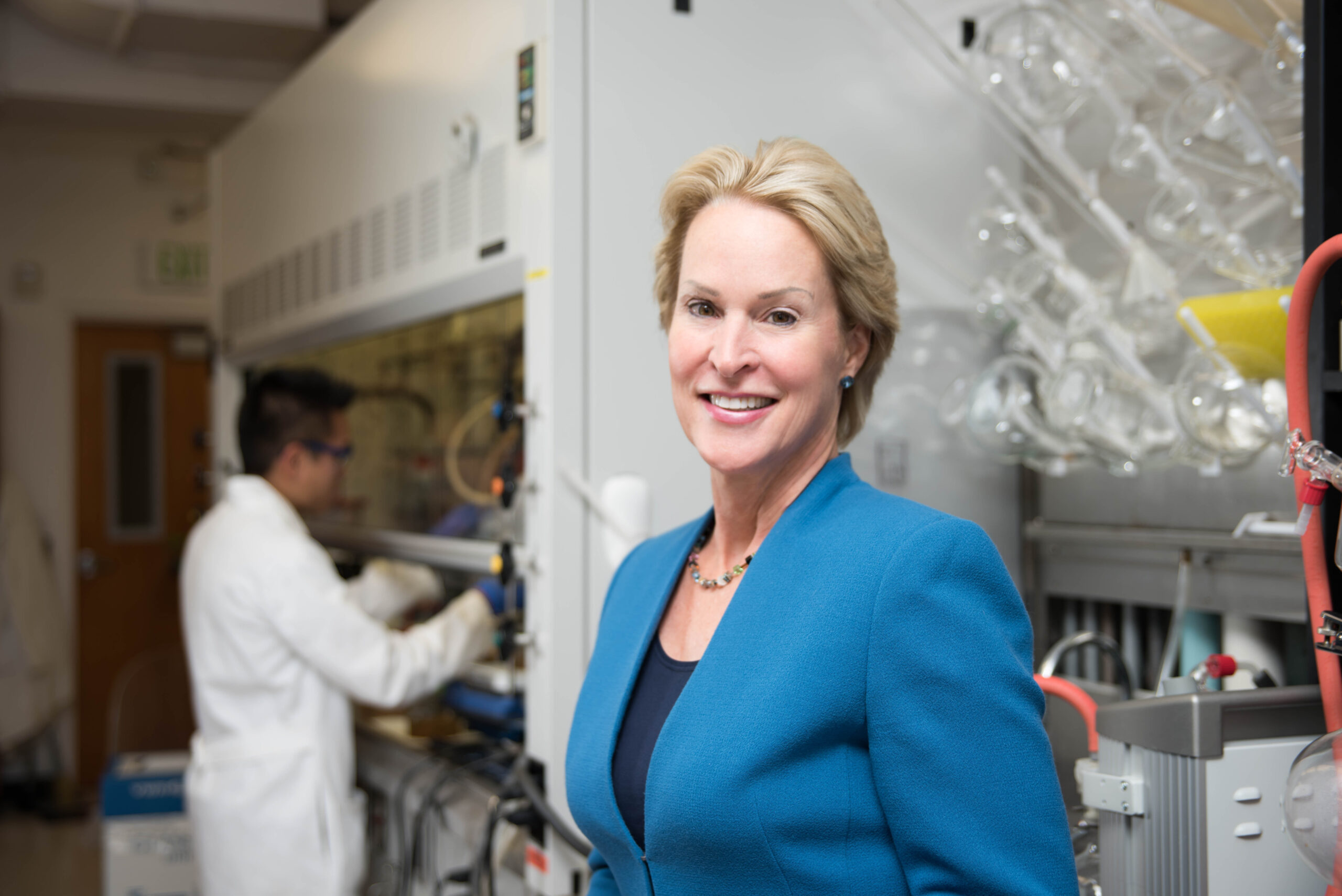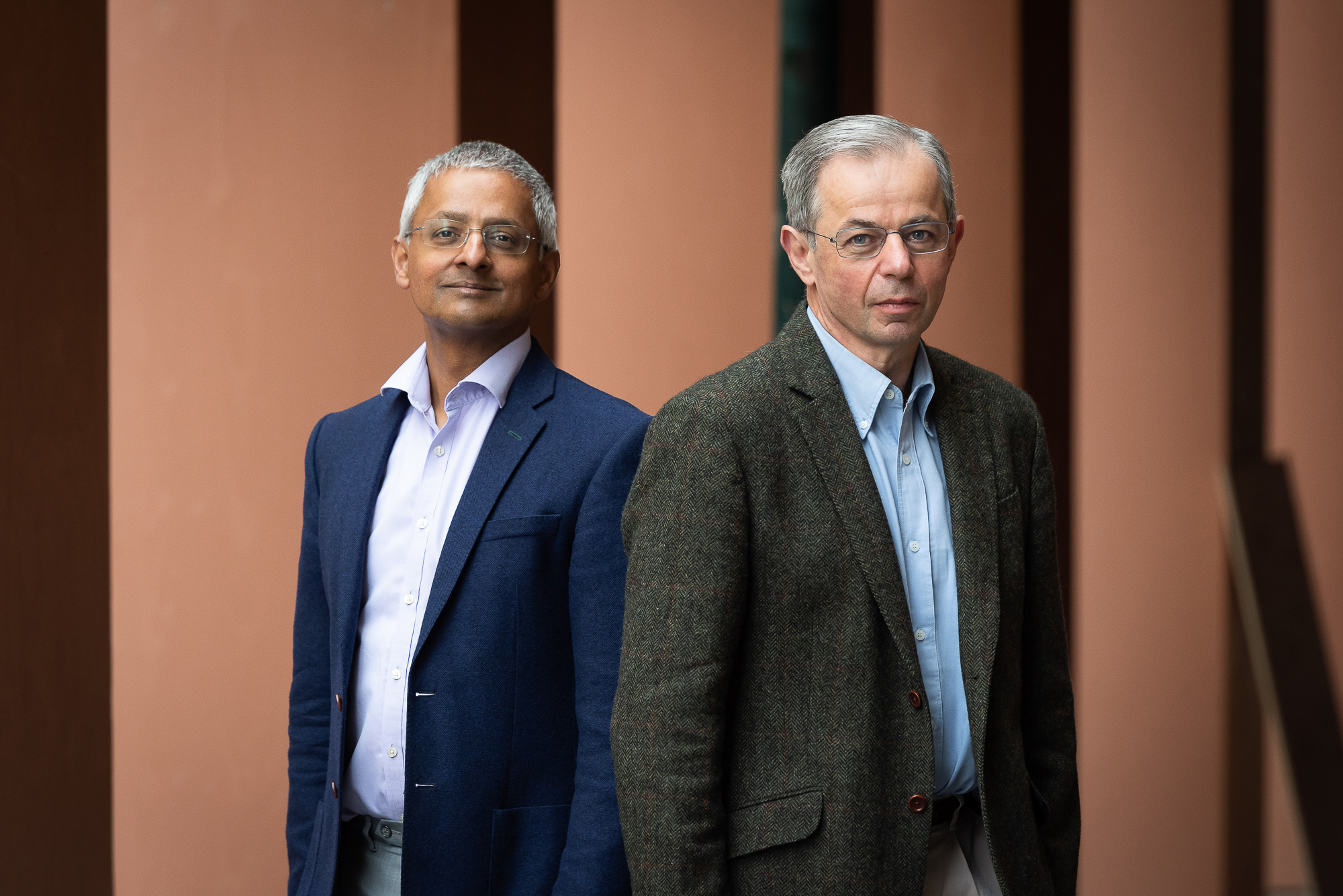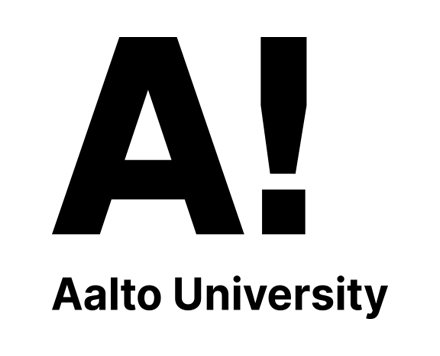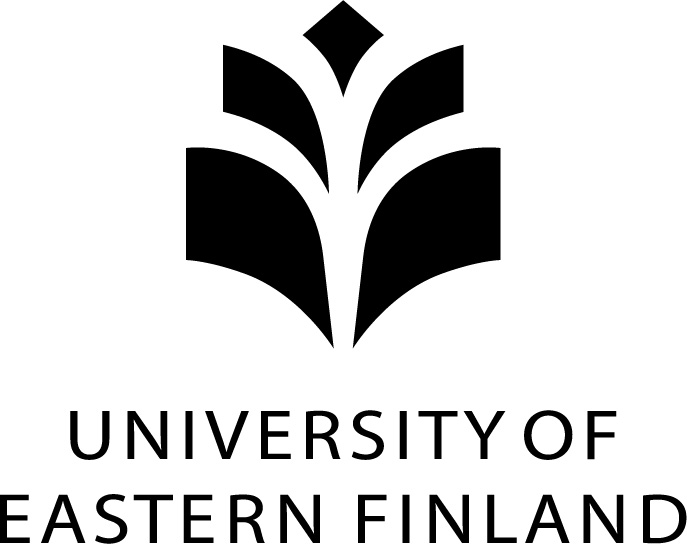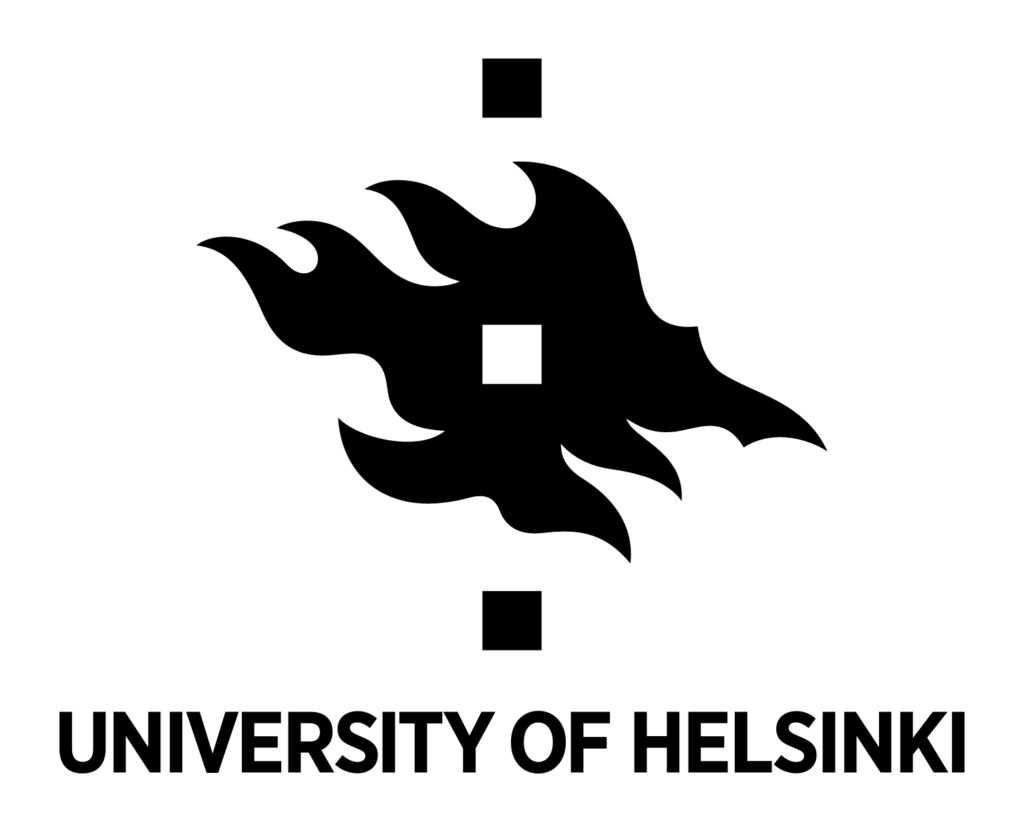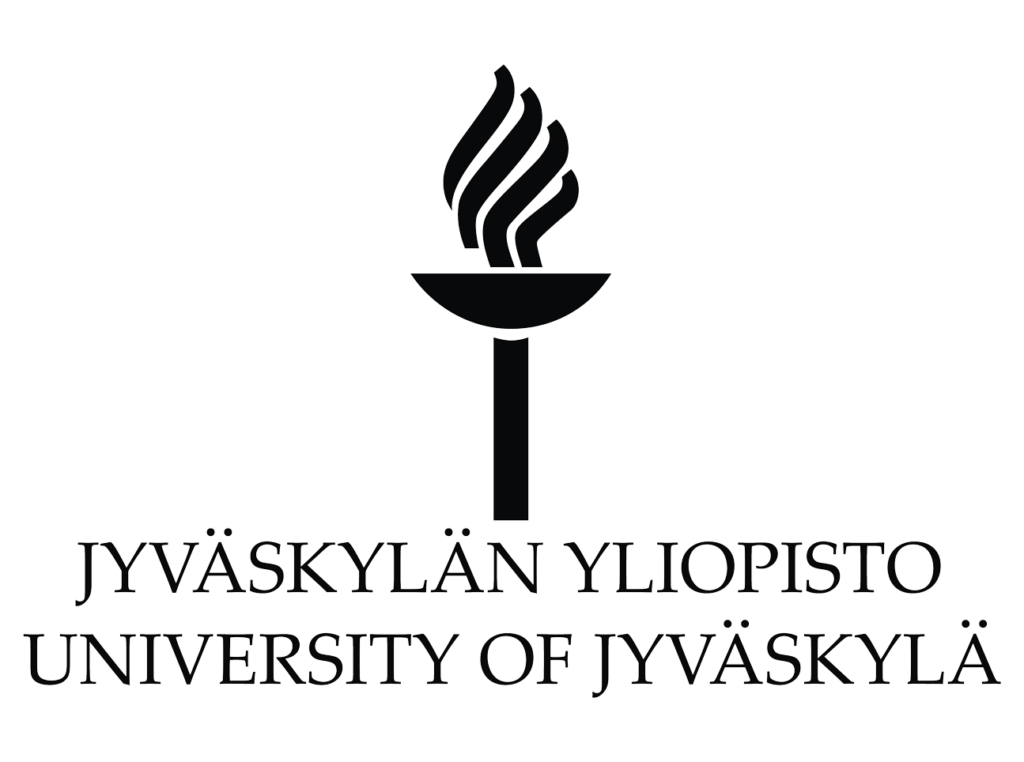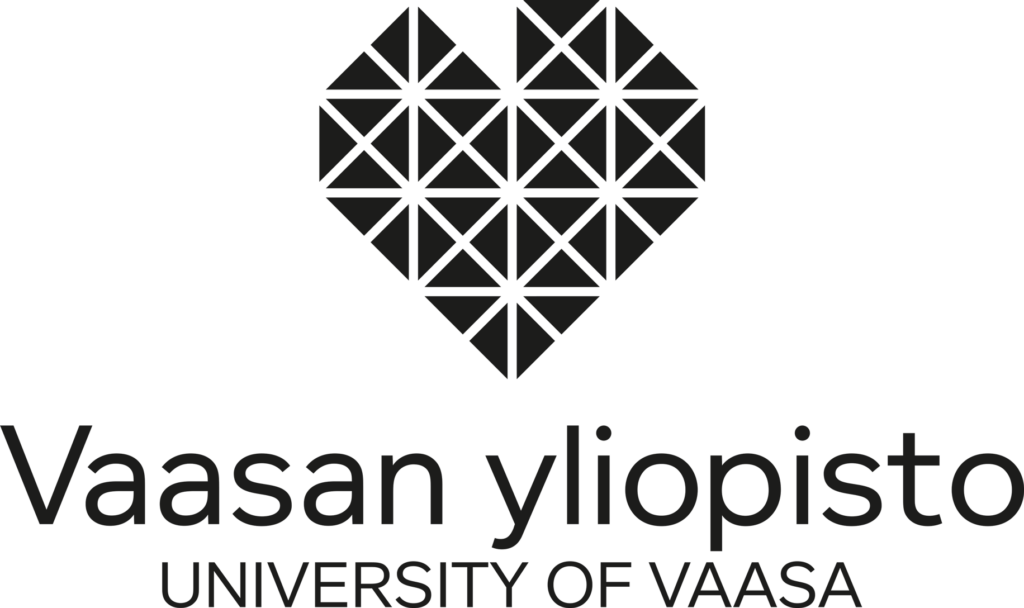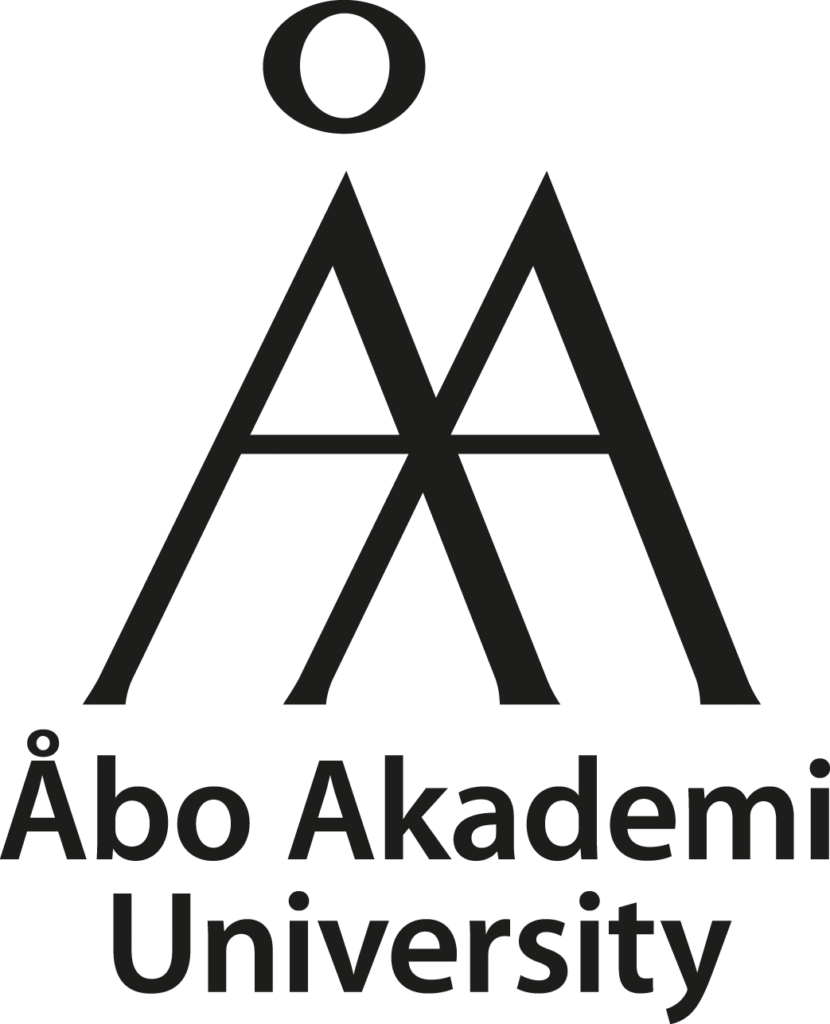Professor Frances Arnold: Reinventing Evolution
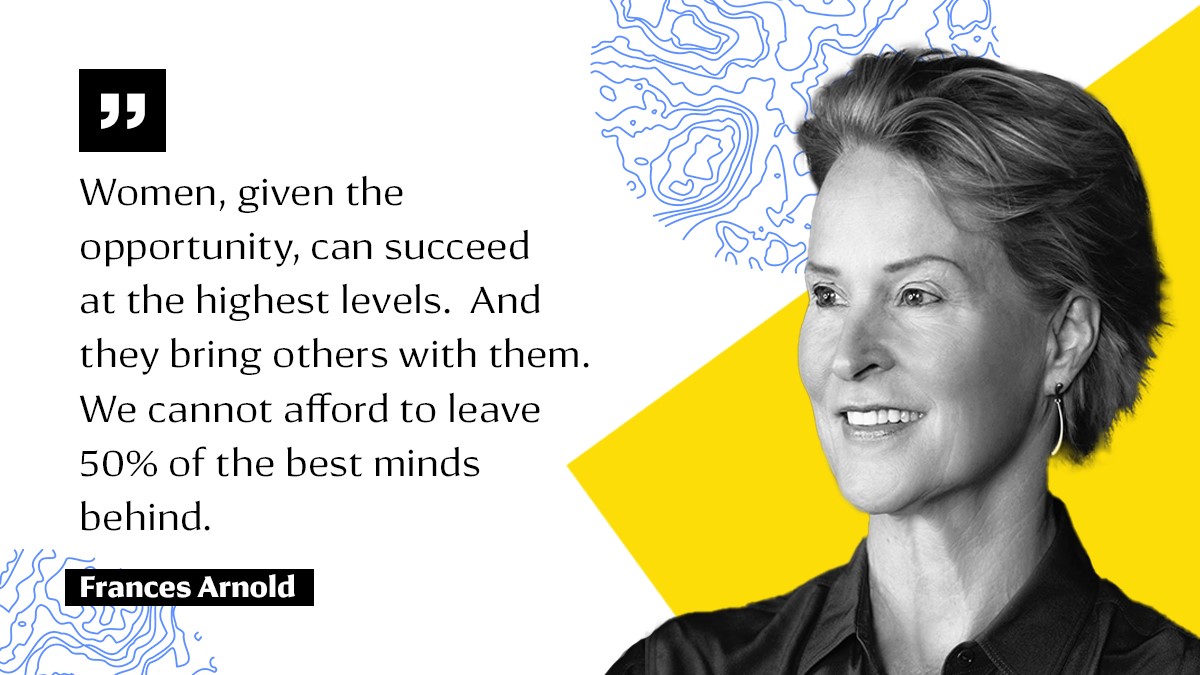
The 2016 Millennium Technology Prize winner, Frances Arnold, reflects on her extraordinary work in the field of directed evolution
In 1859, Charles Darwin published the theory of natural selection, exploring how genetic traits of a species may change over time. Over a century later, Professor Frances Arnold moved things on a big step further, taking the reins from nature with her directed evolution methods.
Directed evolution mimics natural evolution to create proteins in the laboratory. The technique can essentially guide the evolution of proteins, such as enzymes, that can be used to make more sustainable pharmaceuticals, textiles, renewable fuels and other products. It is a much faster and cheaper process than previous protein modification techniques and is now used by companies and organisations around the world.
But despite the huge impact of her work, Professor Arnold was surprised to win the Millennium Technology Award in 2016. “I was hugely honoured and overwhelmed. The prize meant a lot to me because only real innovators, people who had changed the world, had won it before I did. I felt I was in pretty impressive company.”
Directed evolution explained
For thousands of years, humans have been developing new biological breeds and species through artificial selection. We have been modifying the biological world to make things that help humanity, such as food that’s much more productive, farm animals that are stronger, and flowers that are more beautiful.
But Professor Arnold, who won the Nobel Prize in Chemistry in 2018, says humans had done all this without really understanding how it works at the DNA level. “I often describe the technology behind directed evolution as breeding enzymes the way we breed cats and dogs. The difference now is that we have these remarkable tools of molecular biology that give us the chance to practise similar methodologies in the test tube, not with organisms, but with the molecules of life – enzymes. We can now breed those to solve human problems.”
The process of directed evolution generates numerous variations of a gene of interest at random, and then selects the ones that encode proteins that are most effective at carrying out a certain human need. Genetic variations are created, expressed, and screened; those that perform well are then chosen to parent the next generation.
“Making new enzymes this way enables us to do chemistry in a whole new way, “ says Professor Arnold. “I play with the tools of biology, and manipulate them for good applications like clean, sustainable chemistry. My goal is to help us live the way we would like to live, without destroying the planet.”
The road to directed evolution
Professor Arnold’s father was a nuclear physicist who assured his daughter nothing was beyond her – and she never doubted him. She grew up fiercely independent and fondly remembers her teenage years. “I had four brothers, so I was very competitive and was not afraid of men. In fact, my brothers and my parents strongly supported me in my science leanings. I really wanted to be like them,” says the 66-year-old.
“I was pretty fearless and I loved to try new things. It probably also helped that I grew up in a time where trying new things really was the standard.”
Her journey towards discovering directed evolution started when she was an independent researcher at the California Institute of Technology in the late Eighties. “I realized that I was not smart enough to design new biology, and that the way out was to rely on the powerful process of evolution. The various experimental tools for practising evolution in the test tube were just becoming available, and I understood how they could be assembled to have a reliable path to better enzymes. ”
Uses for directed evolution
Arnold’s techniques have enabled pharmaceutical companies to manufacture drugs without using toxic chemicals and energy companies to produce biofuels that replace fossil fuels.
“Instead of pumping oil out of the ground and using toxic solvents and materials to make the things we use in our daily lives, we can now consider using enzymes and directed evolution instead.”
Professor Arnold has used her innovation to help her co-found companies, such as Gevo Inc. that produces biofuels. The company uses fermented plant materials to make fuels that replace petroleum-based gasoline and jet fuel.
She also co-founded Provivi, a company that helps farmers protect crops in a naturally effective and sustainable way in Kenya. “Provivi helps to fight the fall armyworm, a terrible pest that is devastating maize crops. We spray insect pheromones in the fields so the males get confused, and don’t mate in the fields. This is a non-toxic alternative to pesticides or insecticides. It is a great example of how biological systems can produce complex pheromones much more cheaply than you can with traditional chemistry, making it more available for use in the developing world” she says.
Despite her business success, Professor Arnold doesn’t believe she is a great entrepreneur. “As an academic, I work with brilliant, hard-working young people. Sometimes I can convince them or they convince me to start a company. But I don’t do the hard work: it’s really difficult to start and run a company, and it takes tremendous dedication to succeed. I am, however, a very good encourager!”
What’s next for directed evolution?
Professor Arnold believes that we’ve barely scratched the surface of what’s possible with directed evolution and is very excited about how it can be used for the benefit of mankind.
“I think the whole field of using biological systems and our understanding of the biological world to live sustainably, whether it be by directed evolution or machine learning or design, has a thrilling future path. It will enable us to wean ourselves off non-renewable fossil fuels. It will reduce greenhouse gas emissions. It will help us make what we need for our daily lives, food, materials, textiles, in a sustainable fashion.”
“The technology may also have a huge impact on human health, as we understand more about how to intervene in processes that degrade our health, and how to overcome terrible infectious diseases and cancer.”
The 2022 Millennium Technology Prize will be announced and awarded in Helsinki, Finland on 25 October 2022. The Millennium Innovation Forum, a conference celebrating the prize, will be held on 25–26 October 2022.
Follow us on Facebook, LinkedIn, Twitter and Instagram for more information, updates and great content. You can also sign up to our newsletter.
Awards and accolades
2020 – Foreign Member of the Royal Society
2019 – Bower Award in Science, Franklin Institute
2018 – Nobel Prize in Chemistry
2018 – International Fellow of the Royal Academy of Engineering
2017 – Society of Women Engineers Lifetime Achievement Award
2017 – Raymond and Beverly Sackler Prize in Convergence Research
2016 – Millennium Technology Prize
2014 – Inducted into the US National Inventors Hall of Fame
2014 – Golden Plate Award, American Academy of Achievement
2013 – ENI Prize in Renewable and Nonconventional Energy
2011 – Charles Stark Draper Prize for Engineering
2011 – US National Medal of Technology and Innovation
2010 – Elected fellow of the American Association for the Advancement of Science
2009 – Elected fellow of the American Academy of Microbiology
2008 – Elected to the US National Academy of Sciences
2007 – FASEB Excellence in Science Award
2004 – Elected to the US National Academy of Medicine
2000 – Elected to the US National Academy of Engineering
Frances Arnold holds more than 60 US patents.

